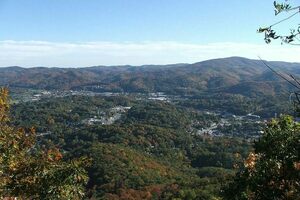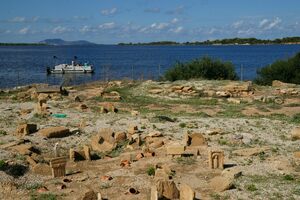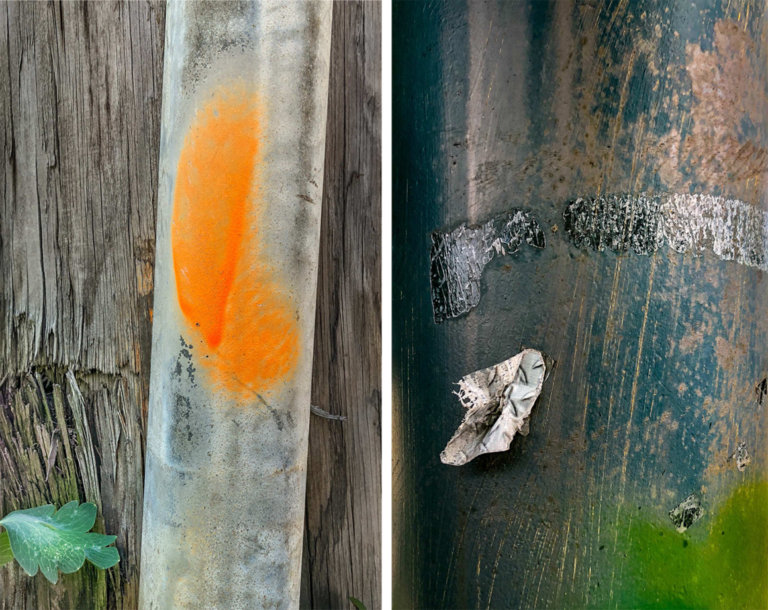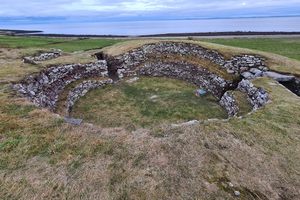Junaluska in Boone, North Carolina

Junaluska provides valuable insight into North Carolina’s history, Black Mennonites, and race in Appalachia.
Thousands of tourists and Appalachian State football fans walk down King Street in Boone, North Carolina, past farm-to-table cafes and the Mast General Store, without knowing about Junaluska. The Junaluska community sits just north of the university, and it remains one of the most important and unique sites of Black history in Appalachia.
During the 1850s, two free Black men—Johnson and Ellington Cuzzins—moved to Boone. Cuzzins’ descendants worked with other enslaved, free, and immigrant Black folks to build a community in the heart of the Blue Ridge Mountains.
In the face of racism, Black North Carolinians made their own homes at Junaluska. In fact, many of the current residents trace their lineage to one of four Black women: Polly Grimes, Jane Hagler, Lucinda Bly Whittington, and Lyda Mott. More residents moved to Junaluska during segregation in the 1800s-1900s when Black residents were pushed to the outskirts of Boone. But the community has survived because its members have fought to buy and keep their property.
Today, the Boone Mennonite Brethren Church is the heart of Junaluska. Since the church’s founding in 1918, many Junaluska residents adopted the faith and transformed Boone Mennonite Brethren into the largest Mennonite church in the state. Several Black reverends have led the congregation since its conception.
Although Junaluska is a tiny village, a handful of homes nestled into the mountains, the community overflows with history and memories. The Junaluska Heritage Association works to preserve these stories for generations to come.





